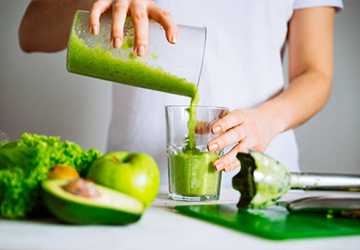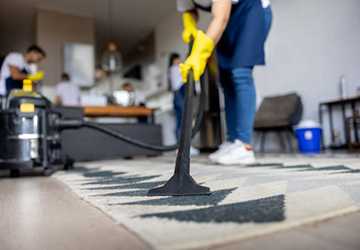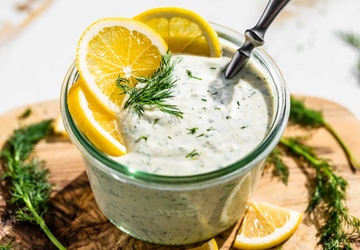
How to cook when travelling alone
Starting to travel alone is exciting because you are embarking on new adventures and learning new things. Among the countless benefits of travelling alone, many people remember to cook their meals. This skill will not only keep your wallet healthy, but it will also help you enjoy local food and feel at home in a foreign country. In this article, you'll find ten helpful tips for solo travellers on food preparation.
Pack your essentials
Let's start with the basics, shall we? A compact and portable cooking set may be suitable for you. For the essentials, you'll need a small pot, a frying pan, a sharp knife, a cutting board, and utensils like spatulas and spoons. Choose stainless steel or titanium for its lightweight and durability. Also, don't forget to bring salt, pepper, and cooking oil. Use vacuum or compression bags to minimize the space these items take up in your bag.
Plan simple recipes
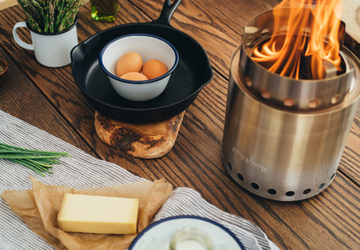
Keep it simple while still making your recipes delicious. Think of one-pot meals like rice, stir-fry and salad. Pasta is also easy to make with a few easy-to-find ingredients. Consider meals that require fewer ingredients but still provide a good balance of nutrients. For example, a quinoa and vegetable stir-fry or salad with a simple vinaigrette is nutritious and delicious.
Shopping local
For many people, travelling is one of the most exciting hobbies. The market is a place where we can all feel the local spirit. Take this opportunity to choose fresh, seasonal ingredients. In addition to this, it's also a great opportunity to sample the region's cuisine. Discover local cuisine with fresh fruits, vegetables, meats, and typical spices. Trying new ingredients will spice up your daily meals.
The chef is cooking in the pot.
Cooking in a skillet is an important part of a solo traveller's survival kit. It's fast, efficient, and mess-free. Start by heating some oil in a pan, then add your protein (such as chicken, tofu, or shrimp) and cook until brown. Remove the proteins and set aside. Then sauté the vegetables until tender. Add cooked grains (like rice or quinoa) to the mixture, then use spices and sauces. Finally, return to the egg whites, mix everything again and return to the pan to heat. Look! A delicious all-in-one meal.
Make the most of meal prep
Meal prep may take a while, but it's worth it as it saves you a lot of trouble. Now and then, take an hour or so to chop vegetables, marinate meat, or cook grains beforehand. Use reusable containers for prepared ingredients and store them in your accommodation's refrigerator. When hungry, combine prepared ingredients into a simple, delicious meal. If you're on the go, pressed for time or just want to escape the hustle and bustle, this is the right choice.
Use local resources
Take advantage of your accommodation's amenities. Many hotels, guesthouses, and Airbnb rentals have communal kitchens for guests to use. These kitchens are equipped with the simplest cooking utensils and tools so that you can easily prepare your meals. Some accommodations provide spices and seasonings free of charge, so ask the staff what the hotel has for free.
Choose no-cook rice
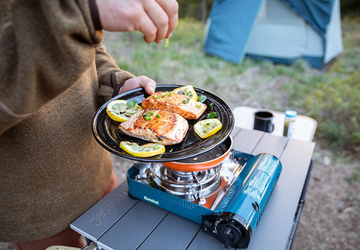
There may be times when you don't want to cook or don't have access to the kitchen. In this case, choose a no-cook meal. You can have rice or quinoa packets, beans, tuna or salmon, and washed salad greens and chopped greens on hand. Add these ingredients to your favourite salad or wrap, or make a cold grain bowl. Additionally, you can have simple snacks like cheese and crackers, hummus and vegetables, or yoghurt and fruit.
Learn basic cooking techniques
Conversely, you don't need to be a professional chef to prepare decent meals, but some basic cooking tips can help you prepare better food. Learn how to chop vegetables, cook grains like rice and pasta, fry meat or tofu, and prepare sauces or dressings. Online resources like tutorials and cooking apps can give you the skills to tackle these tasks.
Stay organized
Food is prepared much faster when the cooking space is neat and clean. Keep your workspace clean while you work to reduce cleaning time later. Store leftovers and prepared meals in reusable containers. Labelling your containers is important so you can easily find what's inside, especially if you share your kitchen space with others.
Connect with locals
Even when travelling alone, you can communicate about the cooking process. Try a cooking class or food tour nearby. Not only will you learn new recipes and cooking methods, but you'll also meet locals and fellow travellers who love food as much as you do. I often learn a lot about food and culture and have the opportunity to experience these moments.
Conclusion
Travelling and cooking alone isn't just about satisfying your hunger; it's an opportunity to connect with local culture, save money, and enjoy delicious meals that suit your tastes. Once you pack your essentials, prepare simple recipes, shop local, master one-pot cooking, consider meal prep, utilize local resources, choose no-cook meals, learn basic cooking techniques, and connect with locals, you can make cooking a rewarding and enjoyable part of your solo adventure. Whether in a bustling city or the countryside, these tips will make your culinary adventure as memorable as the places you explore, with a smile and a taste of both worlds.



